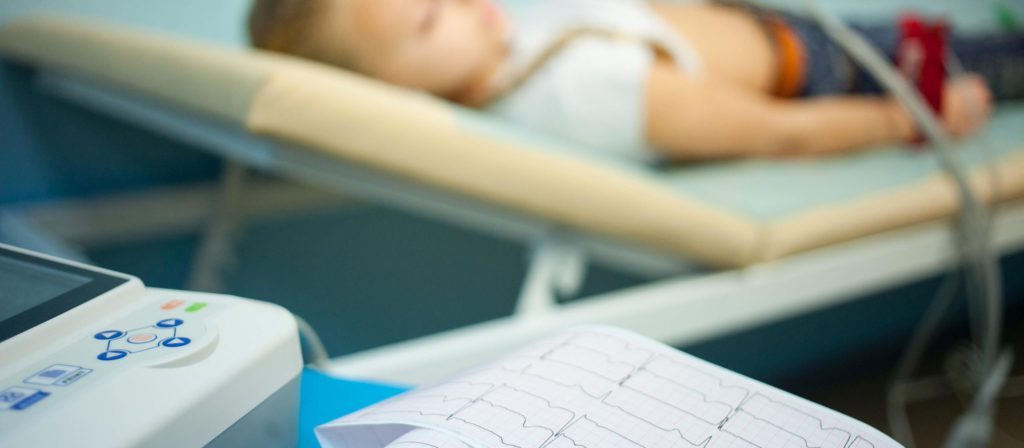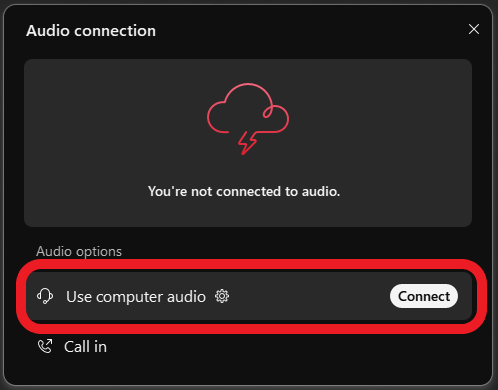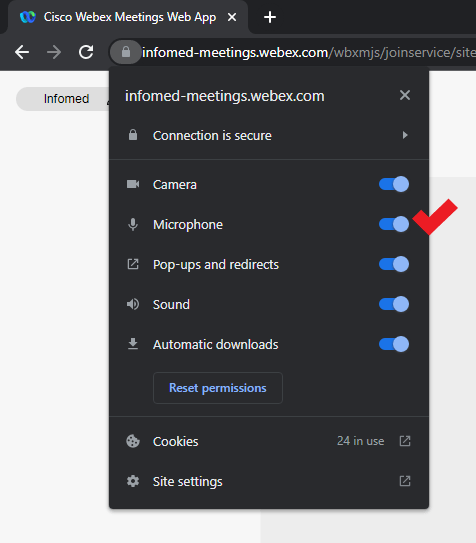Paediatric ECG Interpretation
Stream it now, with the on-demand catch-up service
- A practical course for the Child and Adolescent Psychiatrist, Paediatricians and Paediatric Emergency Physicians
- Suitable for Consultants and SASGs and Senior STs
- Format: Interactive lectures followed with case scenarios, discussion and Q&A
- CPD: 5 CPD credits with certificate of attendance issued

Programme
45 minutes
The Cardiology and the reading of the ECG
Dr Norah Yap
Senior Fellow in Congenital Heart Disease, Electrophysiology and Inherited Cardiac Conditions, Southampton General Hospital
- Anatomy and the Electrophysiology of the heart
- The ECG machine – how it works and why
- Has the ECG been correctly taken? How do we know?
- Understanding automatic reporting – how reliable is it?
- The normal ECG, including normal variants
- Measuring the QT interval, including worked examples
- A systematic approach to ECG interpretation
90 minutes
Interactive ECGs discussion (1)
45 minutes
ECG – Normal, Abnormal, High Risk - when to refer?
Dr Kevin Roman
Consultant Paediatric Cardiologist, Southampton General Hospital
- Identifying the high risk patient
- Prolonged QT interval
- ECG and medical conditions such as: Arrhythmias, Ischemia, Chest pain and palpitations, Anorexia, R bundle block
- Congenital abnormalities
90 minutes
Interactive ECGs discussion (2)
30 minutes
ECG’s and Psychiatric Medications
Dr Kevin Roman
Consultant Paediatric Cardiologist, Southampton General Hospital
- What to check for before you medicate
- The abnormal ECG – what are the expected outcomes of changing the patient’s medication?
- If the medication is continued, is there a point at which the ECG will say “you need to change medication now!”?
- Medications, including: Stimulants, Psychotropic, Mood stabilisers, antidepressants and atypical medications
About the course
This webinar comprises online interactive lectures and interactive discussions by Paediatric Cardiologists who are very familiar with the questions asked by the doctors working with paediatric patients. It provides an update on how to read ECGs –the basics and beyond – with a focus on ECG abnormalities that are highly relevant to the practice. During the day, delegates will have the opportunity to undertake interactive ECG interpretation, putting into practice the techniques learned in the lectures, with live tutors’ feedback.
The aim
To provide all doctors working with children with a practical and comprehensive webinar covering a wide range of paediatric ECGs that will assist them in developing a skilled and systematic approach to interpreting an ECG, identifying the red flags and to decide when to refer further to a specialist.
By the end of the course, participants will have:
- A comprehensive understanding of best imaging interpretation and reporting practice in intensive care
- Improved imaging interpretation skills
- Greater confidence in their advanced practice
- Identified skills and knowledge gaps relevant to their practice, and clear ways by which these can be addressed.
- Broader understanding of imaging practices and guidelines
Sessions with lectures and cases will cover
- How to interpret an ECG and NOT how to take an ECG
- Abnormalities that you will normally see and what not to miss
- Abnormal ECGs – clinical symptoms to look for, and key clinical questions to ask the patient
- ECG abnormalities related to psychiatric medication and medication management
- What ECG is contraindication to psychotropic medication?
- By the end of the course, delegates will develop a skilled and systematic approach to interpreting an ECG, identifying the red flags and to decide when to refer further to a specialist
- Places at this webinar are strictly limited so as to maximise webinar interaction
THE INTERACTIVE ECGS DISCUSSION
- All attendees look at the ECG cases is depth guided by the tutor.
- The tutor goes through the first cases highlighting good practice.
Faculty members

Dr Kevin Roman
Consultant Paediatric Cardiologist, Southampton General Hospital

Dr Norah Yap
Senior Fellow in Congenital Heart Disease, Electrophysiology and Inherited Cardiac Conditions, Southampton General Hospital
When will I receive my course login?
We will contact you by email one week before the course takes place with all the necessary links and joining information.
We will re-send the links the day before the course.
If you have not received an email from us please contact us at webinars@infomedltd.co.uk and we will respond ASAP.
Will I need any special software to partake?
NO. Infomed shall provide you, upon registration a link to stream the course within your web browser, or you can download a small application to run it as a separate window on your computer. If you would prefer a mobile device, we shall also include a link download an app from the Play Store/App Store.
Can I interact with the speakers?
YES! It is very much encouraged. There will be Q&A sessions chaired by Infomed. You can type your questions in the ‘chat’ facility and they will be put to the speakers.
How I do access my catch-up & CPD certificate?
You can find your catch-up in your account page.
At the end of the catch-up page you will find a link to the feedback form, which will generate your CPD certificate when you submit your feedback.
If the catch-up is not visible in your account, please contact us and we will amend your account ASAP.
How to connect to a live online course
Using the short videos below, we shall guide you through the process of joining a meeting using Webex.
If joining from your own computer
If you are connecting from your own device then it is likely that you will be able to join via the Webex application.
If joining from a trust/institution computer
However, if you are using a computer that is owned and restricted by your trust, then you may find it easier to join via your web browser. Please see the second video for guidance on this process.
Joining Webex using the application on your PC or Mac
Joining Webex using your web browser
I've connected to a course but can't hear anything
When you connect to a course you should see some introductory slides and hear music.
If you cannot hear any music please check you are connected to the audio.
At the bottom of the webex meeting you may see a button that says “Connect to audio”.
Click this and then select “Use computer for audio” in the pop-up box.
If you have connected by a browser you may need to give your browser access to your microphone in order to connect to the audio.
Click the padlock in the top left of your browser and make sure microphone access is allowed
If this does not resolve your issue please email us or call us on 0204 520 5081
What do I need to join a course?
To join an Infomed Online course you simply need an internet connection and a browser (Google Chrome, Mozilla Firefox, Apple Safari).
You can also connect from a mobile device: Download the Webex Meetings app from your App Store.
To join a course with a smooth experience, your internet connection must be stable, not connected to a VPN and at least 20Mbps download.
Below you can use the tool to run an internet speed test.
You must test from:
- — the location that you intend the see the course from;
- — withing the location, if using Wi-Fi, the room or department area that you intend to view the course from to ensure a good signal
- — if connecting from home, a computer that is not connected to a workplace VPN
Speed test
Internet Speed Test
Please test your connection speed at www.fast.com
To join a course with a smooth experience, your internet connection must be stable, not connected to a VPN and at least 20Mbps download.
Catch-up version
- Catch-up streaming will be available from 14 March
- 90 days of access with unlimited playback
£155 inc VAT
plus...
- Certificate of attendance with 5 CPD hours
- Send your questions to the faculty
- Playback from any device
